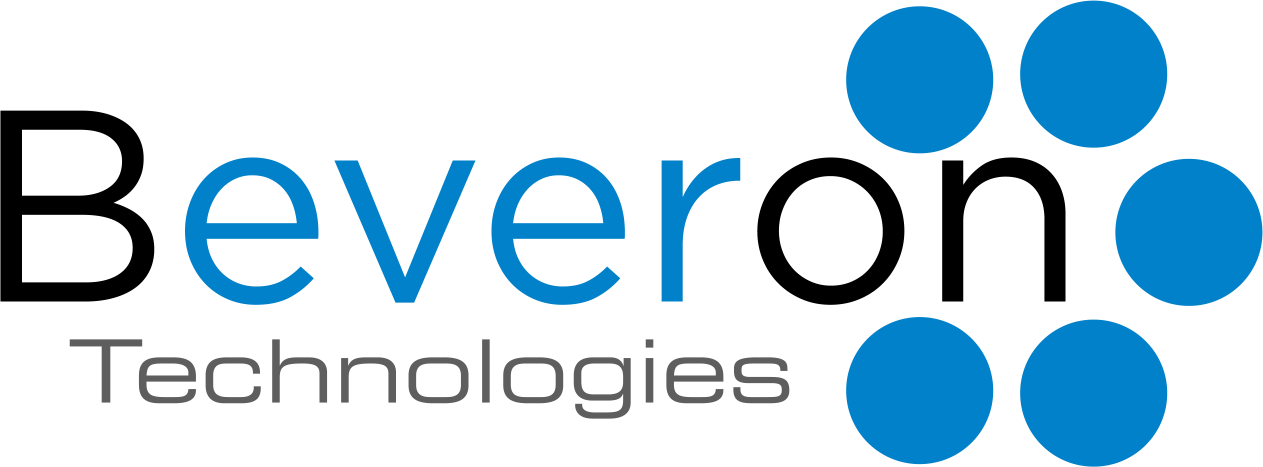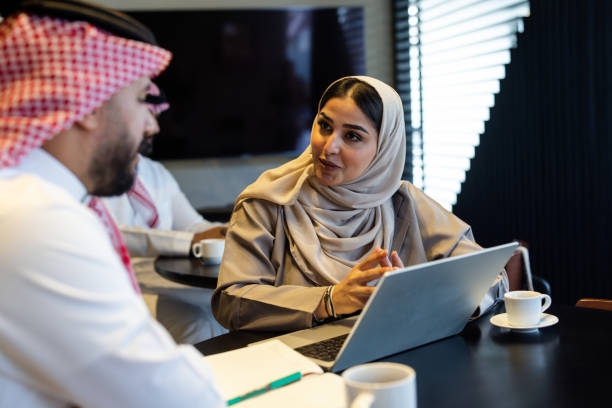Automation in DIFC Court

In today’s day and age, every industry and sector has either already been automated, or is in the process of implementing automation. The legal sector though generally lagging behind in the adoption of technology, is also slowly but surely coming up on par on the technology horizon. It is strongly believed that automation systems will be a true game changer in the legal industry around the world. Rapid advances in artificial intelligence and automation processes have taken the world by storm, exposing an array of benefits that it holds.
Today, in the latest advent of transformation through modern technology, blockchain is redefining automation and security as an efficiency solution that will pave way to a new era for the legal industry. Additionally, smart contracts are slowly revolutionizing the traditional process, reducing hourly constraints placed on both attorneys and clients - all resulting in faster and improved workflow, quality and efficiency of routine decisions that have been shifting the way lawyers do their job.
How is automation implemented in DIFC Court?
DIFC is a Dubai-based international court dealing with civil and commercial disputes in the financial industry. DIFC Court is planning to launch what it calls a "Court of the Blockchain" to streamline legal operations.
The Dubai International Financial Center (DIFC) Courts is teaming up with the government-backed Smart Dubai initiative to form a task force that will focus on developing the blockchain-based legal platform.
The DIFC’s stated goal is to employ a network based on blockchain and smart contracts to allow different courts to share information in a decentralized manner. With the system in place, the need to carry out manual tasks such as document duplication will be eliminated, bringing a higher level of efficiency to the current system.
As per the project plan, in the initial stages, the task force will focus on an R&D effort to put all court judgment data on a blockchain so that institutions can verify and share information in real-time for better cross-border law enforcement.
The belief in going ahead with this project is that future research in the legal sector will combine expertise and resources to investigate handling disputes arising out of private and public blockchains, with regulation and contractual terms encoded within the smart contract according to the release.
The effort comes as part of the Dubai's wider push to bring smart innovations to its government operations.
According to The Smart Dubai Office's director general, Dr Aisha Bint Butti Bin Bishr, Dubai's blockchain strategy "seeks to run 100 percent of applicable government transactions on blockchain by 2020."
The director general’s quote on automation is mentioned below:
"An invention of this calibre and potential requires an equally disruptive set of rules and an empowered institution to uphold them. This is where our partnership with DIFC Courts comes in, allowing us to work together and create the world's first disruptive court, helping to truly unlock the power of blockchain technology.”










